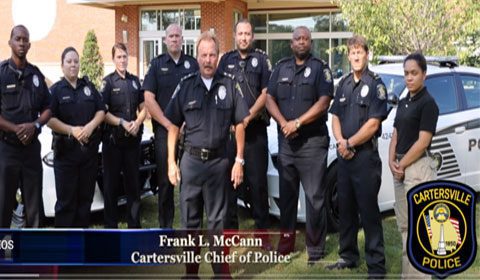 As the debate over legalizing marijuana heats up, employers remain firm in their desire to maintain a drug-free workplace.
As the debate over legalizing marijuana heats up, employers remain firm in their desire to maintain a drug-free workplace.
According to a poll released Sept. 7, 2011, by the Society for Human Resource Management (SHRM) and the Drug and Alcohol Testing Industry Association (DATIA), the practice of requiring job applicants to consent to a pre-employment drug screening appears to be gaining acceptance from employers.
Fifty-seven percent of employers surveyed reported that they require all job candidates to take a pre-employment drug test, while another 14 percent said they test those applying for safety-sensitive positions — and under specific circumstances required by law.
In states where marijuana can be legally purchased and used with a doctor’s prescription, employers are not required to make an exception in their testing, hiring or firing policies for medical marijuana users. For example, California’s Compassionate Use Act of 1996 states that patients and primary caregivers should remain free from criminal sanctions for the cultivation, use and transportation of marijuana, but nowhere does the statute contain any reference to the civil rights patients and caregivers might have with respect to discrimination. In other words, if you medicate with marijuana and test positive at work, you could be fired without legal recourse.
In the prevailing case of record known as Ross v. RagingWire Telecommunications (2008) The courts dismissed a discrimination suit brought by a medical marijuana patient who was fired for testing positive on an employer-administered drug screening. The California Supreme Court upheld the dismissal, stating, “… we have no reason to conclude the voters intended to speak so broadly, and in a context so far removed from the criminal law, as to require employers to accommodate marijuana use.
Of employers who do require drug testing, 1 in 5 surveyed reported that productivity improved after implementing drug-testing policies. “The poll results show that drug testing may yield a high return on investment by creating a more stable, productive and safe workplace,” said Neil Fortner, chairman-elect for DATIA and the study’s principal investigator.
An October 2011 Gallup poll indicates that 50 percent of Americans think marijuana should be legalized, which suggests that marijuana has lost much of its “taboo” status over the decades, but since the chemical compounds that trigger a positive test result remain in the human body for weeks, recreational use of this substance will continue to put job-seekers at a clear disadvantage. –kathleen cross
















